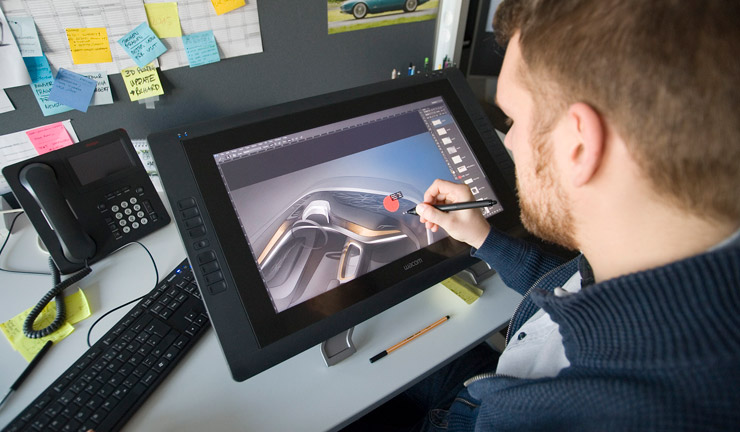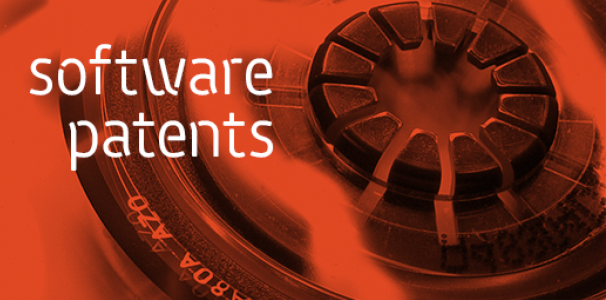- Details
- Written by Atanas Kostov

Novelty and originality of the industrial design. Practical problems and solutions.
Following recent amendments to the Law on Industrial Designs ( ZPrD ) , entered into force on 12 February 2011. , The Patent Office has not made ex officio examination of absolute grounds regarding how a declared design meets the mandatory requirements of the novelty and referred down in Article 12 and Article 13 of ZPrD . In the previous edition of the Design Act and its previous Article 37 (from SG 81 of 14 September 1999 . To Am . - SG . 73 of 2006 , effective 06.10.2006 , amended . - SG . 35 of 2010 , in force from 12.02.2011 ) was expressly provided that the substantive examination should verify all applied for and the earlier identical designs on the territory of the Republic of Bulgaria, and globally in order to give an opinion on the case of Article 3, Article 11, Paragraph 2, Article 12 and Article 12 , paragraph 2 of ZPrD . If in this context, the expert discovered grounds for refusal of registration of the design, or part thereof , the applicant shall be informed of the reasons for the Patent Office and shall be provided a three month period for objection. After Discussed changes from 2011. in ZPrD of expertise is essentially passed to the registration system of the design applied by national order. This new legislation was enforced mainly due to the need for harmonization of national legislation with the system of registration of Community designs pursuant to Regulation № 6 /2002 EC .
- Details
- Written by Atanas Kostov

Software patents. International regulations. Software attorney in Bulgaria.
The topic of software patents proved controversial and very interesting in modern times due to the intermingling of serious business interests with consumer rights and the authors of the software works that need protection . On the other hand the existing problems relates purely legal collisions occurring in existing contradiction between the doctrine and the overlap in that rule concerning the copyright regulations of the software as a literary work (according to Article 10 of the Berne Convention - see . Editing from 1971 . ) As opposed to Anglo-Saxon principle view that software can be fit proprietary , ie patentable . The text of Article 10 of the " Berne Convention for the Protection of Literary and Artistic Works " is explicitly enshrined rule that " computer programs , whether in source or object be protected as literary works under the Convention ." Several years later, in standard conditions, the World Intellectual Property Organization , published in 1978, reflected the definition of the term " computer program " as " a series of instructions that are embodied in a machine readable medium , so as to make the machine that has the ability to process information , to indicate execute and achieve a particular function , task or result." It can be considered that this is the definition and the notion of "software." This conclusion was reached because of the fact that the title of "generic terms of "World Intellectual Property Organization is the " protection of computer software." Background This leads me to the view that the international system of software patents has developed in different countries of the world with different dynamics , the concept of their legislative framework is in change . They range from the initial installation of the software as being fit first object of copyright and then patent law , to modern - think highly exaggerated argument that software as a success of the creative industries and science should not be " monopolized " by patents business and has become one of the free and free achievements of society.
1.Software patents in the Anglo -Saxon patent system. Patent law of the United Kingdom at present is entirely consistent with the meaning of " European Patent Convention" , in this sense, computer programs are beyond the scope of patentability requirements . Case law of England , however, argues that the alleged invention can be viewed as a patent only if it provides a real contribution , which is of a technical nature . Therefore, a computer program concerning concepts for business process can not be registered as an invention , but a computer program to implement the industrial process may be suitable object of patent law.


